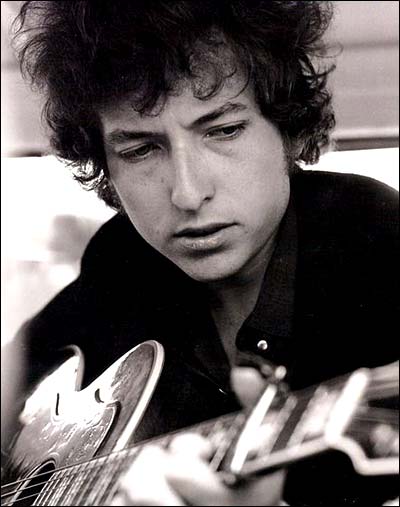Changin’ Times Fallout
 Monday, December 22, 2014 at 12:16AM
Monday, December 22, 2014 at 12:16AM  The line it is drawn
The line it is drawn
The curse it is cast
The slow one now
Will later be fast
As the present now
Will later be past
The order is rapidly fadin’
And the first one now will later be last
For the times they are a-changin.’
The last stanza from Bob Dylan’s hit piece of the sixties predicts sweeping societal change, but, strangely enough, the writer doesn’t commit himself to the direction of the change, whether good or bad, positive or negative, progressive or regressive. The connotation is that the change will be good. That conclusion is up for debate.
Let’s start right out with the biggest social issue of the new millennium, same-sex marriage. The conventional wisdom is that two people who love each other should be able to get married. End of story. Unfortunately for the proponents, once the dominoes begin to fall, things happen that were not necessarily foreseen. If a man marries a man, for example, who is the wife and who is the husband? I suppose some will say it doesn’t matter, that it’s not a relevant question. Well, the relevance is the impact the new arrangement has on our language, our concept of marriage and our traditions of life that have been in place for thousands of years.
If one partner decides he will be the husband, and the other will be the wife, is that an arbitrary decision between the two or is there some calculus by which the role is ascertained? If a same sex union has this flexibility in terminology, will that new flexibility also be extended to an opposite sex union? That would seem to be a fair and logical conclusion. Or are the terms “husband” and “wife” no longer useful in family constructs? If that’s the case, then if a married person adopts the term “husband,” we cannot automatically assume that the person is male. The same principle would apply to the use of the term “wife.” If a husband can be a male or a female, or a wife can be either male or female, then the language begins to break down. Gender distinctions then will have less significance than ever.
One of the personal impacts of breast or ovarian cancer is that a traditional male husband is in danger of losing his female wife. If the wife is male, then that impact is no longer material. How much trauma would either party in a male/male same-sex marriage experience from the breast or female reproductive organ cancer epidemic? Any impact may be vicariously felt, but in would not be a direct hit on either partner. Indeed, the only ones who may truly care about gender-specific maladies would be persons of that gender. That’s not what happens in a traditional heterosexual marriage. If my wife would have a problem that only females would have, for example, I would be personally impacted. Likewise, she would be greatly impacted if I suffered from a typically male health issue. One could argue the opposite position in theory, but I think the statistics would come down heavily in favor of my position.
Taking this a step further, does not same-sex marriage have huge implications for the terms “mother” and “father?” A same-sex marriage arrangement, whether male/male or female/female, would not view those terms within the traditional context. Neither union would be able to reproduce. Children from a previous heterosexual marriage, or children by adoption are always a possibility, but, clearly, the homosexual union, in and of itself, would incapable of bringing new life into the world. What would the fallout be from this arrangement? It means that the terms “mother” or “father” would mainly have biological significance. Who, for example, would be honored on “Mother’s Day” or “Father’s Day?” Again, society may retire the old meanings of those terms. A mother is not necessarily a female; a father is not necessarily a male. Will it make any difference?
The foregoing argument applies to other changes than same-sex marriage. I would urge the reader to begin to flesh out the long term results of changes that we have either adopted or are likely to adopt in the near future.
What about abortion? Our population is missing about fifty-six million persons because of abortions. Do we have any studies of the negative impact of abortion, both anecdotal and demographically? What has this lower birth rate done to our work force? What has it done to our economy? Have any of the studies been skewed because of politics? Has there been a suppression of studies, or have research teams been denied grants who may have exposed the negative results of abortion? I’m sure all of these questions have been addressed by a number of groups, but they have not been given “air time” because of philosophical differences held by those in power.
What about legalized marijuana? Do we really know the impact marijuana has on operation motor vehicles? Do we know whether it is a stepping stone to harder drugs? How addictive is marijuana? Do we know the extent of behavioral change consistent use will have? How much have politics shaped the news reporting that has been released to the public?
The times, they are a changin.’ No doubt about that. I just wish we really knew the coefficient of the changes. Before we celebrate change, we should make sure we are not premature with our praise.

Reader Comments